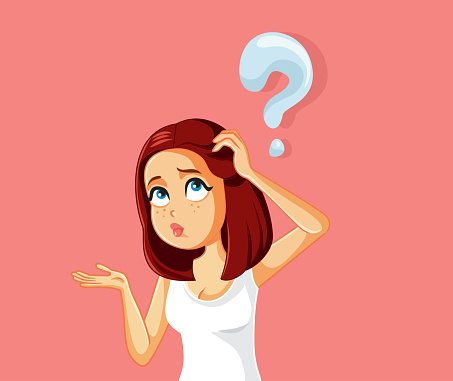
“I don’t know” is a very liberating and empowering phrase.
However, I am not advocating the use of the phrase “for being lazy,” even though my motivation levels dip from time to time, and I hear myself saying “hmm” or “I don’t know.”
I’m not lazy; I am only doing my bit to conserve energy.
Why do I sometimes say “I don’t know” when someone asks me a question?
Don’t misinterpret my use of the phrase “I don’t know,” because there could be several reasons why I said this in response to a question.
I have days when I just want to be alone and enjoy being myself, days when I only want to talk to my dog, and times when I don’t know the answer to your question. To keep our conversation brief and to avoid letting my mood dictate my manners, I say, “I don’t know.” Take nothing personally!
Yes, I would often hear myself say, “I don’t know” when I’m in an unresolved or confrontational situation that elicits strong emotions. I have no idea what to tell myself or you. I am at a loss for words, and I don’t know what to do. I feel powerless when I am backed into a corner. I am just buying space and time. This is my coping mechanism.
Please do not say things like, “Take a deep breath,” “Calm down,” “Pull yourself together,” or anything else in the hopes of inspiring me. I’m very polite, but……………..never mind! You will know if it ever happens!
We all have “moments” when something or someone triggers a negative reaction in us.
How long will I say, “I don’t know?” How long before I know? Honestly, it’s not that I don’t know.
It’s just the battle between the head and the heart over whether I follow logic or my emotions. I need to spend some quiet time understanding reality to overcome my fears by introspecting and reflecting on myself, other people, events, and circumstances. Everything in my life and everything I’ve ever believed in is being called into question.
It’s okay to say, “I don’t know,” a voice within whispers. It is so comforting, but now I’m feeling guilty for not listening and drifting further away from who I am.
Why did I silence you and not believe in you?
With my emotions heightened and my discomfort with the truth, I sought refuge in denial.
“Stop making excuses and face the truth behind why you feel the way you do,” the silent whispers from within are now booming. It’s okay to be vulnerable, and don’t be afraid to feel the pain.
This is when the miraculous shift occurs, and I feel liberated and empowered!
“I don’t know” loses its power over me the moment I decide not to wallow in self-pity and stop feeling sad, frustrated, disappointed, and even misunderstood. I am able to maintain my confidence by accepting the reality of the situation, having faith in my abilities and strength, weighing all of the uncertainties and risks, and trying not to be swayed by outside opinions and expectations.
“I don’t know” has given me the opportunity to gain immense insight and I find myself saying “I don’t know” much less frequently.
There are times I am tempted to say, “I don’t know,” but now that I’m liberated and empowered, I challenge myself to respond in ways that work best for me.
The most challenging moments have been when I’ve been put on the spot and asked questions that require too much effort for me to respond fittingly while maintaining a light and friendly tone. I’m not sure why I don’t just exit the conversation and let myself be carried away by these seemingly genuinely curious people.
I met someone at a party recently, and he approached me and asked, “Do I know you?” “I don’t know myself; do you know who I am?” I politely respond. He was a persuasive gentleman, and he moves closer, arches his brows, and smirks. I quickly look around, nod my head to appear to be silently communicating with someone, and whisper, “I am being watched.” “Act normal.” He was creeped out.
“Clomp, Clomp” I hear footsteps behind me. Then comes the standard question “How are you?” which is a part of the morning greetings at work. I thought I had my original five different responses for each day of the week, but I’ve also heard others use my lines. As a result, when I hear footsteps, I walk faster, keep a safe distance, turn around, smile, wave and give a thumbs up. My response is only communicated through eye contact.
What do I do with the unfailingly chirpy people, who hop, skip and promptly land in front of me? I quickly say, “The day has just begun, and I will get back to you once the results are in.” If I run into them during the day, I tell them, “The doctor said I’d live. Let me go while I still have a pulse.”
My closest friends are the easiest to handle. When they call and I’m not in the mood to talk, I tell them, “Sorry, she’s dead, and it may be a while before I meet her and pass your message.” They laugh and then disconnect.
“How old are you?” is a frequently asked question. “Looks like my anti-wrinkle cream is working wonders,” I say right away.
The “know-it-alls” are the most draining. I dare not answer any of their questions because I do not want unsolicited advice, nor do I want to listen to them try to persuade me that their opinions are facts. This is the only time I’m silent, and when it gets unbearable, I just “Agree to disagree” and wrap up the conversation.
Imagine how ridiculous it would be if I answered all of these with “I don’t know.” I now resort to my “good, bad or ugly” responses.
I can only see as far as my experience allows, so I continue to say, “I don’t know” and trust my instincts. Both serve a purpose, and that small voice makes all the difference.
“I don’t know” remains extremely powerful and not knowing is not a weakness!



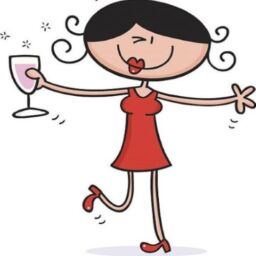
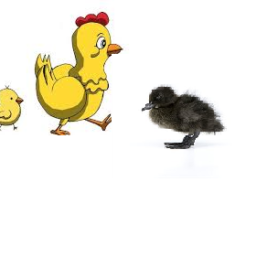
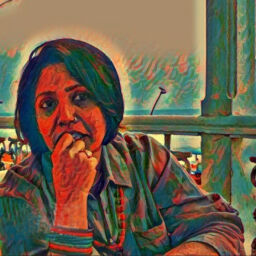
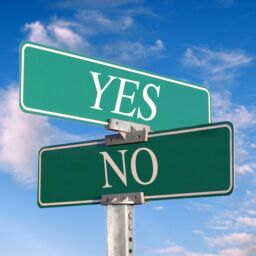
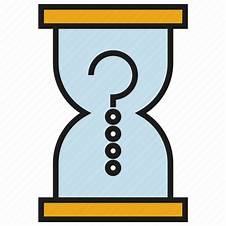
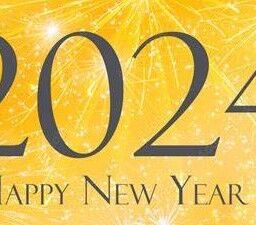

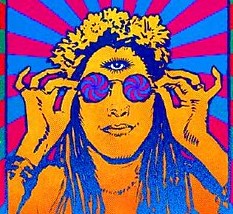



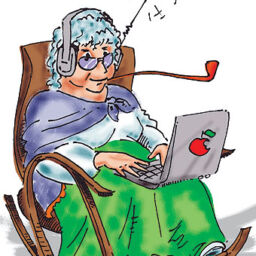
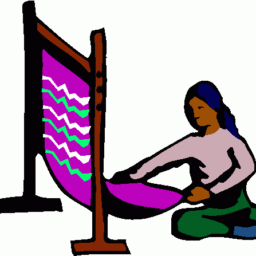
Hi, was just beginning to wonder if you’d given up writing your blog…. Stay well (and ‘ignorant!)!
😁 A lot of travelling.
I don’t know how to say thank you for driving that point so hard.
Thank you Raghavan.
Sabita, loved it so much but don’t know what to say❤️❤️❤️
Thank you Sudhir ♥